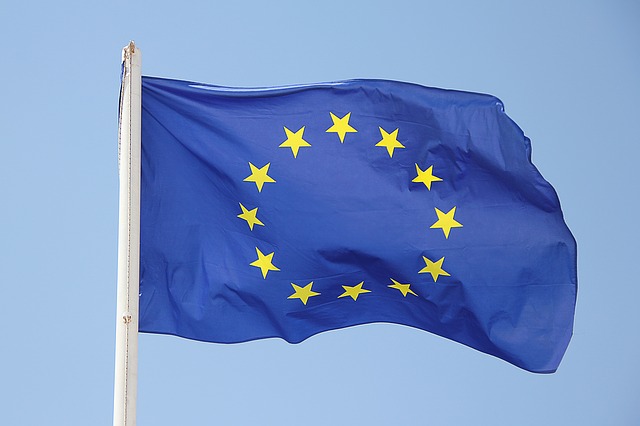Aarhus Regulation to be extended beyond NGOs

The Aarhus Regulation is to be revised in order to bring it fully in line with the Aarhus Convention, including extending the provisions beyond NGOs.
The Council of Europe Presidency and European Parliament negotiators reached a provisional political agreement on a proposal to revise the Aarhus Regulations. The provisional agreement is subject to approval by both institutions.
The aim of the proposal is to ensure that the EU fully complies with the Convention concerning the right of the public to review administrative acts. These are non-legislative acts adopted by an EU institution or body, which have legal and external effects and contain provisions that may, because of their effects, contravene environmental law.
Among other things, the Council and Parliament negotiators agreed to broaden the legal standing beyond NGOs, thus allowing members of the public to request internal reviews of administrative acts under certain conditions.
For a member of public to make such a request they much either demonstrate that they have suffered an impairment of their rights or that they are directly affected as a result of the alleged contravention of environmental law; or they can show that there is sufficient public interest. A member of the public shall be represented by an NGO or a lawyer.
It was also agreed that the revision would include provisions of administrative acts requiring implementing measures at national level or at Union level into the scope of administrative acts.
The proposal will also make it mandatory for the EU institutions and bodies to publish review requests and decisions on them.
Tamara Weingerl Požar, deputy permanent representative of Slovenia to the EU, said: “The EU and its member states are highly committed to the principles of the Aarhus Convention and today’s agreement improves the way they implement them on the ground.
“Today’s agreement is not only timely, it is balanced and most importantly it responds to all the concerns laid down by the Aarhus Convention Compliance Committee in the case concerned.”










